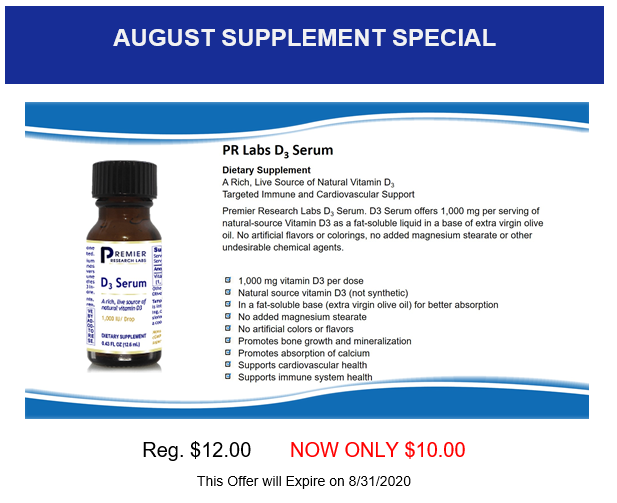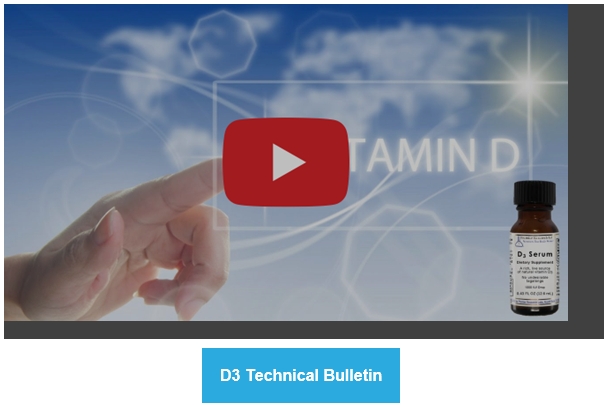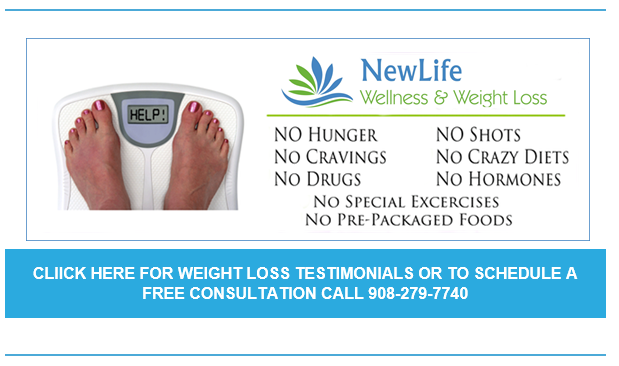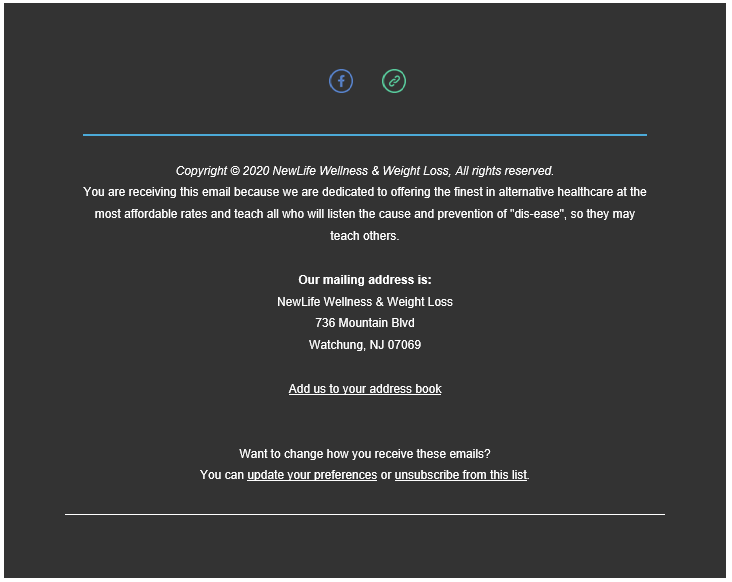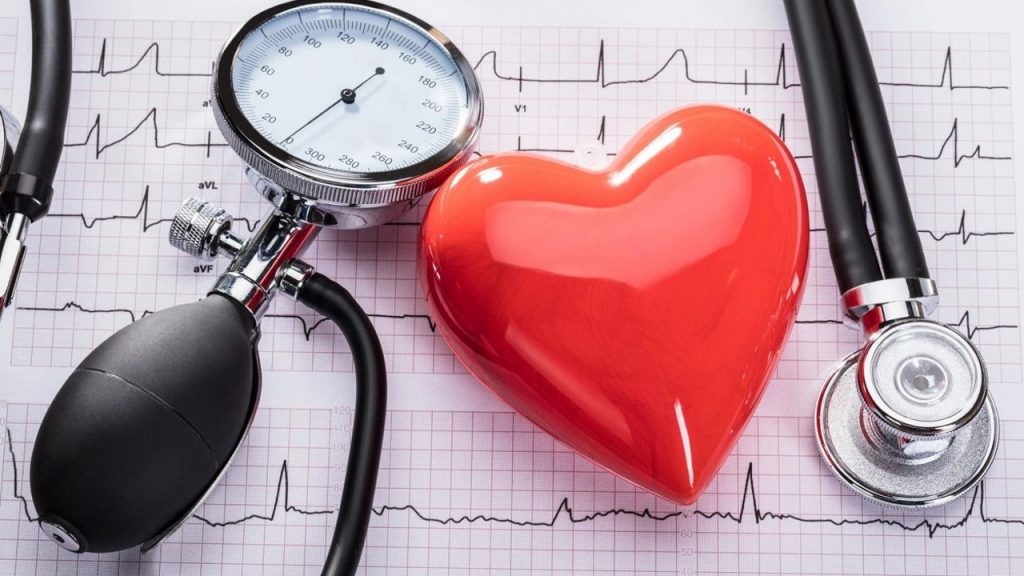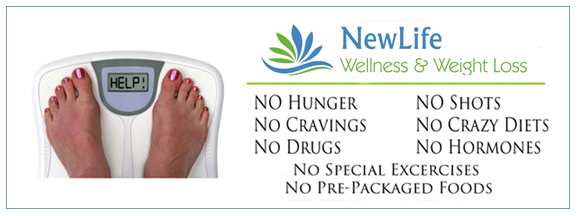
When it comes to losing weight, mindset matters. Positive habits such as celebrating small successes, focusing on positive self-talk and practicing mindfulness could help you lose more weight — and keep it off — than dwelling on negative thinking.
Understanding whether and how thoughts support successful weight management can inform future programs designed to modify thoughts to support weight-management success.
POSITIVE SELF TALK
The latest research, published in the journal Obesity, found those who used positive self-talk were more successful at losing weight, helping them get back on track after minor lapses such as overeating or skipping a workout.
Research from cognitive-behavioral treatment of obesity suggests modifying thoughts can support weight management. The first step is to self-monitor thoughts … It can be a challenge at first but, over time, helpful cognition may become ingrained and support long-term success.
Recording negative thoughts after an episode of overeating or a small weight gain to identify the thoughts that are inaccurate or unhelpful and replace those thoughts with more helpful alternatives. Instead of thinking, “I’m a failure,” think, “I can take action now to prevent additional weight gain.”
POTENTIAL POSITIVE HEALTH IMPACTS

A 2020 study published in the International Journal of Obesity found focusing on the potential positive health impacts of your food choices during mealtime led dieters to select healthier foods and smaller portions.
It appears emphasizing positive health outcomes triggers activity in the area of the brain linked to self-control and future planning, including meal planning. The shift in mindset, researchers noted, could help those who are overweight or obese meet their weight-loss goals.
THE BOTTOM LINE

A positive attitude is especially important because slip-ups are an inevitable part of establishing new exercise and eating habits and losing weight. That is why positive affirmations are so important in our NewLife Weight Loss Program.
Remember, any effort made at any time to respond to lapses and recover is well worth it. Self-monitor and be kind to yourself. Weight management is hard work but over time and with lots of practice, habits are formed and the work becomes easier.
“And now, dear brothers and sisters, one final thing. Fix your thoughts on what is true, and honorable, and right, and pure, and lovely, and admirable. Think about things that are excellent and worthy of praise.” Philippians 4:8 NLT

